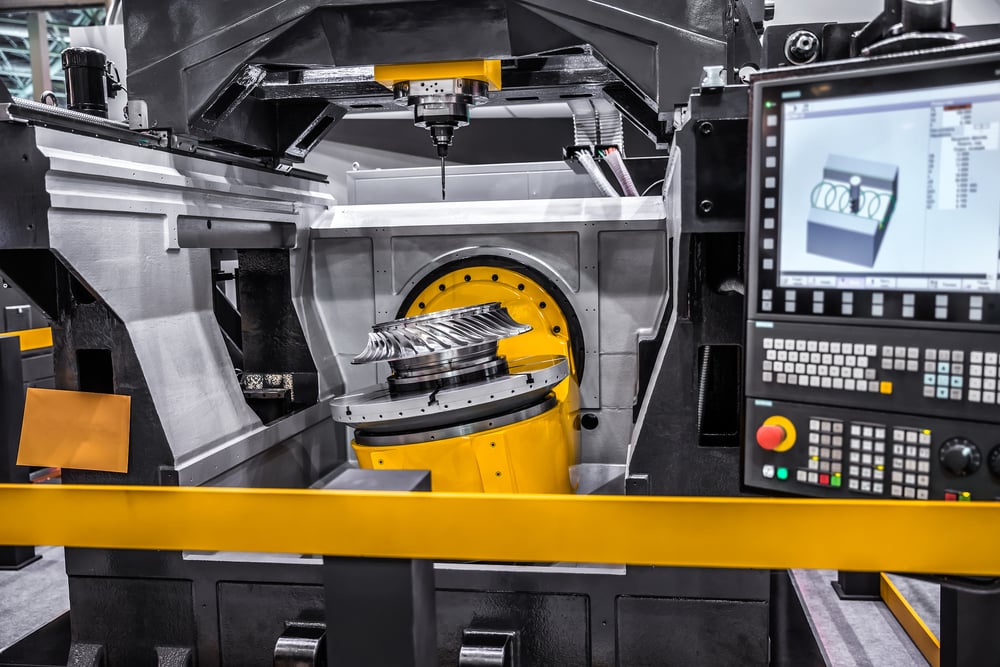Supply chain management consumes more than one-third of manufacturers annual operating costs and is a top operator in the Healthcare industry, making improvements in this area a key opportunity for reducing spending and nurturing growth within the medical field. Logistics partnerships are a top strategy for managing such supply chain costs, but implementing a few key best practices will help streamline the process for optimal manufacturing efficiency and profitability.
According to a recent report by McKinsey & Company, the Healthcare supply chain has an enormous impact on global Healthcare as whole. Better supply chain practices would mean not only a healthier population overall, but would also reduce manufacturing costs and a greater stream of revenue for medical manufacturers.
Better Healthcare Begins with Better Inventory Management
Greater inventory automation and transparency would mean improved quality of care, said a report by Motorola. Lead time is much longer in the Healthcare industry than in the consumer goods industry, and the lack of data standardization is manufacturers' greatest concern in terms of Healthcare supply chain collaboration. Though some practices are best applied throughout the healthcare industry as whole, many can be implemented internally for more competitive manufacturing.
Motorola's report, for example, points to barcode scanning as a way to increase medical device speed-to-market and more accurately manage inventory replenishment. This method would allow a device barcode to be scanned at every point of the supply chain, creating a steady, reliable stream of information. Not only would this help manage and track inventory, but it would also promote patient safety by monitoring medical device recalls, expirations and errors.

McKinsey & Company, on the other hand, suggests straying from one standard supply chain model and instead opting for segmentation based on individual products or devices. Many medical supplies differ greatly in demand, product characteristics and consumer needs and would consequently benefit from different production and transportation strategies. By allocating more resources to goods need in higher volumes or at higher frequencies, segmentation would significantly lower manufacturing costs and improve lead times. This practice would ultimately make supply deliveries more reliable.
Other best practices according to the Association for Healthcare Resource and Materials Management include setting up a contingency plan for supply chain disruptions, reducing the number of product stop points, centralizing supply chain data and improving invoice accuracy.
The Effect on Healthcare
Better streamlining the Healthcare supply chain would do more than make medical manufacturing more efficient - it would also greatly impact the quality of care received at point of use. By reducing device errors and more adequately meeting hospital and consumer demands, manufacturers can improve the Healthcare industry as a whole, impacting millions of lives.
Subscribe
Sign up and stay informed with tips, updates, and best practices for manufacturing in Mexico.






